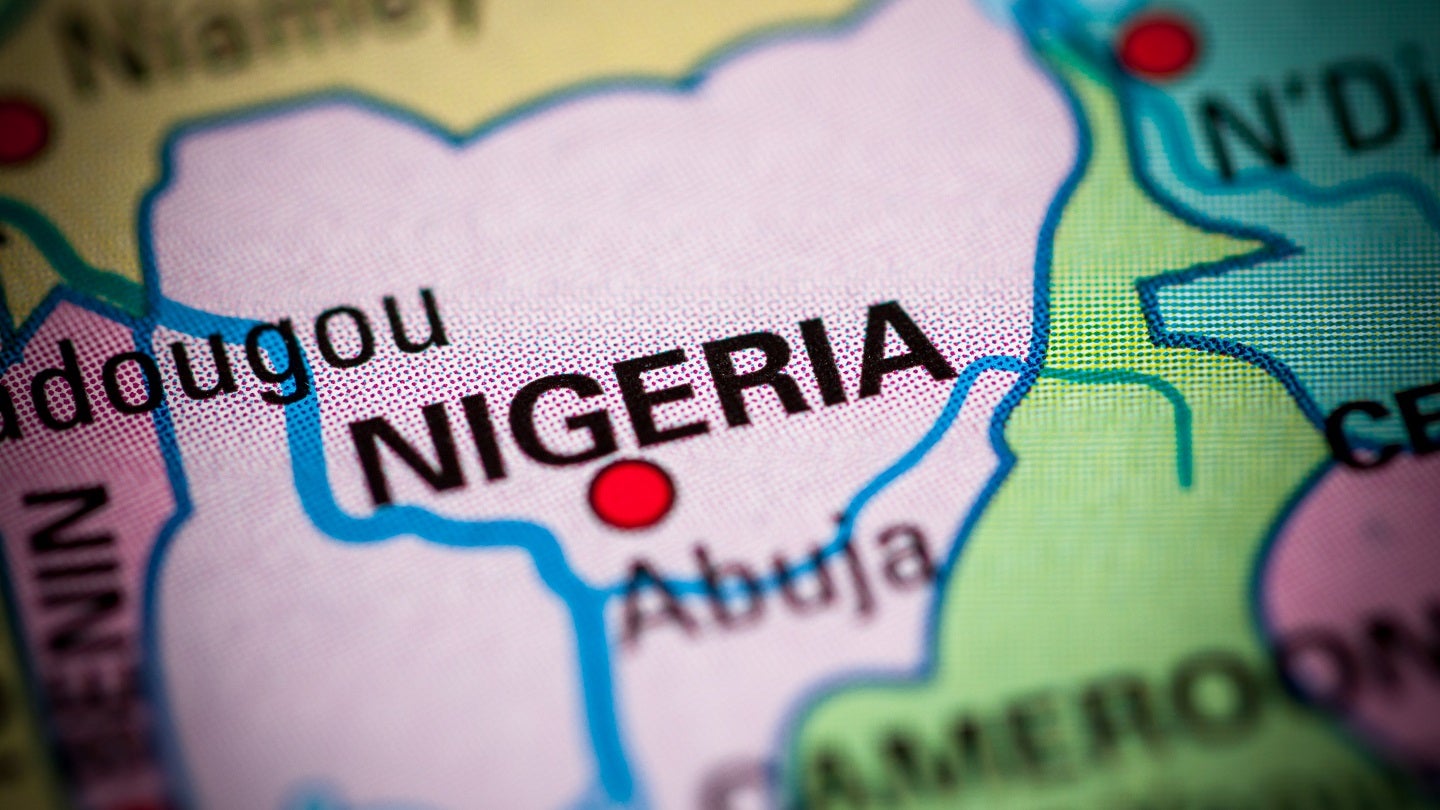
Nigeria’s oil exploration and production (E&P) regulator aims to increase the country’s oil and condensates production to 2.6 million barrels per day (mbpd) by 2026, reported Reuters.
This marks a significant increase from 2023 production levels of around 1.6mbpd.
Despite being Africa’s largest oil exporter, Nigeria has faced declining production due to crudes theft and pipeline vandalism, as well as underinvestment in the sector.
However, following discussions with Nigerian President Bola Tinubu, oil majors including TotalEnergies, Shell and ExxonMobil have pledged $13.5bn in investment in the short term.
In its 2024–26 action plan, the regulator says it will focus on developing oil assets in areas less affected by theft and vandalism.
The plan also includes regulatory support for alternative crude oil evacuation routes, which require NUPRC approval.
“The commission will set up a framework for crude oil and gas transportation and/or handling costs based on a standardised tariff (and) implement an open access regime for upstream oil and gas pipelines and ancillary facilities,” the E&P regulator said.
According to the NUPRC, production is expected to rise from 1.8mbpd in 2024 to the targeted 2.6mbpd in 2026.
However, two out of three consultancies hired by Opec+ to verify Nigeria’s output expressed doubts in November 2023 about the country reaching its production target in 2024.
To reduce production costs to around $20 per barrel, down from the current $25–40, the NUPRC is offering incentives to oil producers.
Furthermore, to attract more investment and boost production, the commission plans to lower high signature bonuses, one-off fees paid to secure exploration blocks.
Last week, Bloomberg reported that Nigeria-based Riverside LNG has disclosed that it is in talks to supply gas to South Africa.
If an agreement materialises, it would be the first of its kind between the two nations.



